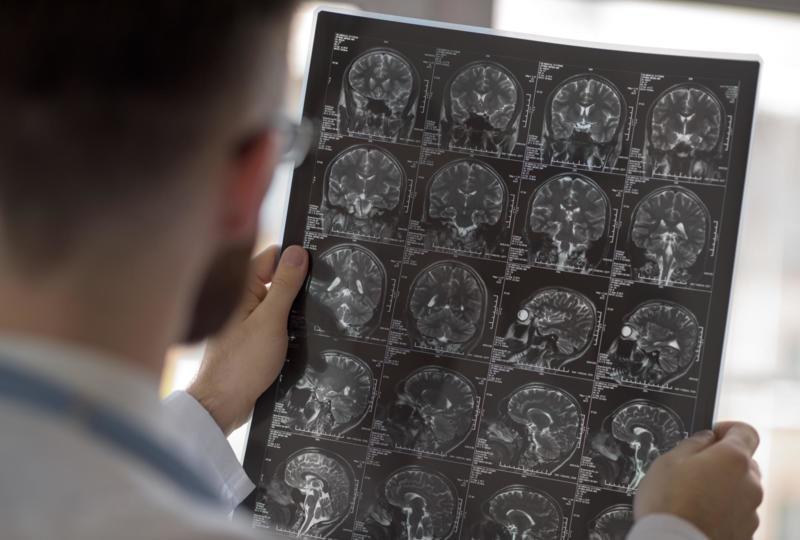Multiple Sclerosis Centers Revise MRI Guidelines
Gadolinium-based contrast agents are carefully considered
Newly added to the revised document is also instructions on when to use the gadolinium-based contrast agents:
- In the clinically isolated syndrome, also known as CIS, the use of GBCAs is vital for patients experiencing their first clinical attack on the central nervous system. GBCAs allows for diagnosis at an early stage by demonstrating dissemination in time for proper diagnosis, on top of dissemination in space. In turn, diagnosis at an early stage leads to early treatment, which may help to alleviate symptoms, prevent progression of the disease, as well as enhance prognosis in the long-run.
- GBCAs are essential for tracking patients with highly active MS, monitoring slowly declining or sudden clinical worsening, and offering an alternative for when there is concern of another diagnosis apart from MS.
- GBCAs are optional for monitoring follow-up of patients with MS to identify any additional underlying disease activity that might lead to a change in the form of treatment. GBCAs are optional within the first two years of treatment, but they may be helpful in identifying MS lesions.
- The risks and benefits of GBCAs need to be assessed based on the patient’s individual situation.
